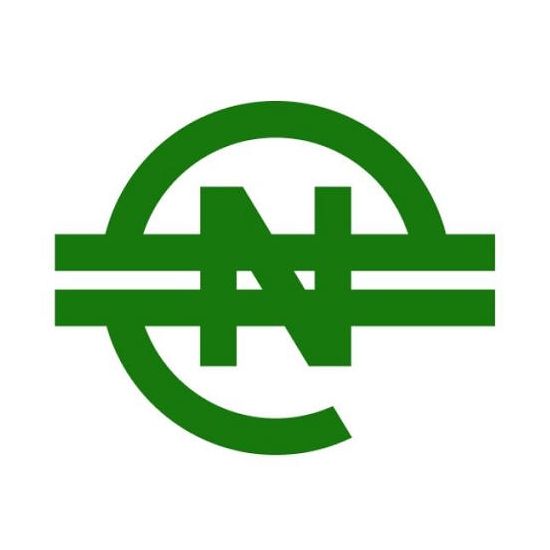eNaira Now on Remita’s Platform: A Quick Look at how the Digital Currency is Fairing so Far

eNaira, the Central Bank of Nigeria’s (CBN) digital currency, received a significant boost as Remita, Africa’s leading electronic payment platform, added it as an additional payment option across all its touch points.
Individuals and businesses can now use eNaira to make and receive payments for all utilities, services, and products available on the Remita web and mobile platforms, as well as through the Remita Payment Gateway, which is open to thousands of merchants and aggregators.
In October 2021, the Central Bank of Nigeria launched eNaira, Africa’s first central bank digital currency (CBDC), inspired by significant advances in digitized financial transactions and aiming to improve Nigeria’s financial inclusion.
The Remita eNaira initiative is a significant result of the CBN’s efforts to ensure that the benefits of Nigeria’s digital currency are realized as soon as possible through collaboration with leading fintechs and banks.
Individuals and businesses will benefit from faster transaction processing time, increased transaction security, elimination of multiple transaction failure points that result in repeated visits to banks for resolution, transaction fee optimization, and ease of receiving foreign remittances, among other things.
With the introduction of the eNaira across all Remita touch points such as web, mobile, and agent locations, payers can now select eNaira as their preferred payment option for electricity token, airtime, data, and cable TV subscription renewal, JAMB/WAEC/NECO forms and results checker, as well as payments to federal, state, and local governments across Nigeria. In addition, the eNaira payment option also includes the Remita payment gateway, which is available to integrating partners, fintechs, and merchants.
“We remain committed to our mission of empowering everyone, everywhere, to do more as we continue to simplify everyday payments,” said DeRemi Atanda, Managing Director of Remita Payment Services Limited (RPSL).
“Our goal is to continue to introduce innovations that deliver ease to our customers in the retail, business, and government segments in a way that not only guarantees safer, faster, and cost-effective payments but also helps them extend the frontiers of possibilities while transacting locally or internationally,” he added.
Remita has emerged as a leading financial technology brand with a deep industry ecosystem partnership that enables individuals, organizations, and governments across Africa to receive and make payments easily on a single multibank multi-channel platform since its inception nearly two decades ago.
eNaira, which has been grappling with low adoption since its launch by the Apex bank last October, has made some inroads, according to PriceWaterhouseCoopers (PwC), the advisory and consultancy firm, in its 2022 CBDC Global Index and Stablecoin Overview, which ranked the eNaira as the number one global retail CBDC in the world, recording 756,000 app downloads in six months.
The report also noted that the app was downloaded in about 160 countries across South America, Europe, Asia, and nearly all of Africa.
In a virtual press conference, Mariam Olusanya, managing director of Guaranty Trust Bank (GTB), confirmed the figure and added that the eNaira app grew by 56,000 at a rate of 7,300 daily downloads by the first quarter of 2022. In addition, she stated that the eNaira had seen 165,000 consumer wallet downloads and 2,800 merchant wallet downloads.
Despite the impressive number of downloads, the eNaira’s transaction volume has raised concerns that actual usage by individuals across the country is significantly lower than active downloads.
Africa’s first digital currency, eNaira, has recorded less than 10% in P2P transactions, while Person to Bank and Bank to Person constitute 90% eNaira transactions.
Despite the growing adoption of fintech products across the continent, the lack of interest in the eNaira by the majority of Nigerians and Africans by extension will force authorities to conduct in-depth studies of similar projects that failed, such as Ghana’s eZwich, which was launched to much fanfare as the world’s first central bank created “biometric money,” but has less than 10% population coverage and has seen a 91 percent annual drop-in use.
Kenya’s Huduma Card is only marginally better at 12.5% population coverage (and more than 40% of issued cards are still uncollected) to see how to capture consumers’ interest.
